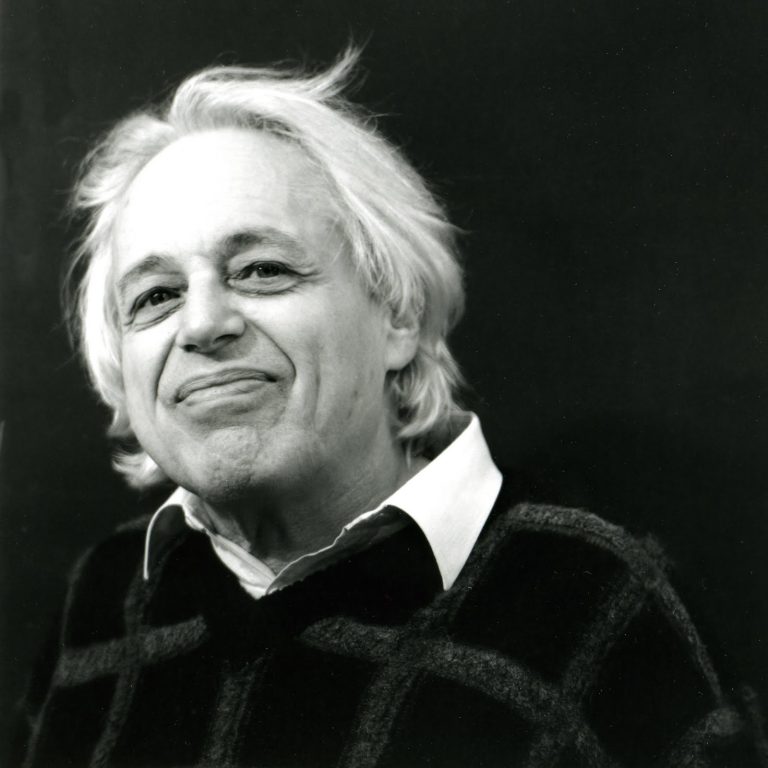Date of Birth: May 28, 1923
Zodiac Sign: Gemini
Date of Death: June 12, 2006
Biography
György Ligeti was a Hungarian-Austrian composer, born on May 28, 1923, in Dicsőszentmárton, Transylvania, Romania (then part of Hungary). He is widely regarded as one of the most important avant-garde composers of the 20th century, known for his innovative and eclectic compositions that have influenced various genres of contemporary music. Ligeti’s early life was marked by turbulence; his family was affected by the Holocaust, with both his father and brother perishing in concentration camps. Ligeti himself was forced into labor camps during World War II. After the war, Ligeti resumed his studies at the Franz Liszt Academy of Music in Budapest and quickly became a prominent figure in the Hungarian music scene. His early works were influenced by Béla Bartók and Zoltán Kodály, but he soon developed his own unique style. Disillusioned by the political climate in Hungary, he fled to Western Europe in 1956, eventually settling in Austria. Ligeti’s breakthrough came in the 1960s with works like “Atmosphères” and “Lux Aeterna,” which were later used in Stanley Kubrick’s film “2001: A Space Odyssey.” His music is characterized by complex textures, micropolyphony, and a wide range of influences from African rhythms to electronic music. Ligeti’s later works continued to push boundaries, incorporating unconventional instruments and exploring new forms. Throughout his career, Ligeti received numerous awards and honors, including the Grawemeyer Award for Music Composition and the Polar Music Prize. He passed away on June 12, 2006, in Vienna, Austria.
5 Interesting Facts about Gyorgy Ligeti
1. György Ligeti’s music was featured prominently in Stanley Kubrick’s film “2001: A Space Odyssey,” bringing his avant-garde compositions to a wider audience.
2. Ligeti was a pioneer of micropolyphony, a technique involving complex interweaving of individual musical lines to create a dense, cloud-like texture.
3. He fled Hungary after the 1956 Hungarian Revolution and settled in Austria, where he became a citizen in 1968.
4. Ligeti’s “Poème symphonique” is a unique piece composed for 100 metronomes set to different speeds, showcasing his interest in unconventional musical forms.
5. He was a recipient of the prestigious Grawemeyer Award for Music Composition in 1986 for his “Etudes for Piano.”
5 Most Interesting Quotes from Gyorgy Ligeti
1. “I think in terms of the day’s resolutions, not the years’.”
2. “My music is like a garden, and I am the gardener.”
3. “To write my music, I need to be alone. I need to live in peace.”
4. “The music is not in the notes, but in the silence between.”
5. “I have not the slightest interest in the music of Asia or Africa. I am interested in the music of the whole earth, but I want to discover it through my own music.”
Highest Net Worth Achieved
György Ligeti’s highest net worth was not publicly documented, but he enjoyed a successful career with significant recognition and numerous prestigious awards.
Children
György Ligeti had one son, Lukas Ligeti, who is also a composer and percussionist known for his work in contemporary classical music and collaborations with African musicians.
Relevant Links
1. [György Ligeti – Wikipedia](https://en.wikipedia.org/wiki/György_Ligeti
2. [György Ligeti profile on AllMusic](https://www.allmusic.com/artist/györgy-ligeti-mn0000533553


